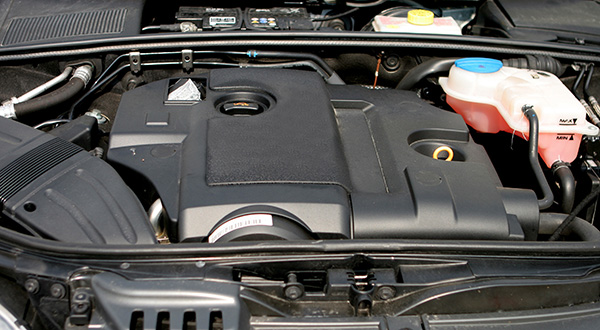
Have you ever been driving and suddenly heard a noise from your engine that made your heart skip a beat? We've all been there, and it's a common concern for many drivers. Engine noises can range from a gentle purr to an alarming clatter, but how do you know which sounds are normal and which signal trouble? Understanding these noises can save you from unnecessary stress and potentially costly repairs.
Engines are complex machines with many moving parts, so it's no surprise they can produce a variety of sounds. Some of these noises are entirely normal, while others may indicate issues that need attention. A smoothly running engine will typically hum or purr, which is the sound of all components working harmoniously. However, variations from this norm can suggest different things.
Ticking or Clicking Sounds
One of the most common noises you might hear is a ticking or clicking sound. This can often be heard when the engine is idling. In many cases, this noise is due to the normal operation of the fuel injectors. Fuel injectors are small valves that spray fuel into the engine's cylinders, and their rapid opening and closing can produce a ticking sound. However, if the ticking becomes louder over time, it could indicate low oil levels or an issue with the valve train.
Knocking or Pinging
Hearing a knocking or pinging sound can be quite unsettling. This noise is often associated with pre-ignition or detonation in the engine. Pre-ignition occurs when the air-fuel mixture in the cylinder ignites prematurely, while detonation happens when it ignites after the spark. Both situations can cause a knocking sound and are generally indicative of a problem with the fuel system, such as using a lower octane fuel than recommended or issues with the spark plugs. Persistent knocking should be addressed promptly, as it can lead to engine damage over time.
Squealing or Screeching
A high-pitched squealing or screeching noise often points to issues with the belts in your engine. Belts are essential for driving components like the alternator, power steering pump, and air conditioning compressor. Over time, belts can wear out or become loose, causing them to slip and produce a squealing sound. It's important to inspect and replace worn belts to prevent them from snapping, which can lead to more serious problems.
Hissing or Whistling
A hissing or whistling sound can be quite alarming and is often a sign of a vacuum leak or an issue with the exhaust system. Vacuum leaks occur when there is a breach in the vacuum system, which can cause the engine to run inefficiently or even stall. Exhaust leaks, on the other hand, can result from holes or cracks in the exhaust manifold, gaskets, or pipes. Both issues require prompt attention to maintain engine performance and efficiency.
Rumbling or Roaring
Rumbling or roaring noises typically indicate issues with the exhaust system. If you notice a significant increase in engine noise, especially during acceleration, it could be due to a hole or crack in the exhaust system. This not only affects the noise level but can also lead to harmful exhaust gasses entering the cabin. Regularly inspecting the exhaust system for damage can help prevent these issues.
When to Seek Professional Help
While some engine noises can be attributed to normal operation, others clearly indicate something is amiss. If you hear a new or unusual noise, it's important to pay attention to when it occurs and whether it changes with engine speed or load. Keeping track of these details can help a technician diagnose the issue more accurately.
Ignoring unusual engine noises can lead to bigger problems down the road. If you're unsure about the cause of the noise or if it persists, it's best to consult a professional. We can perform a thorough inspection and pinpoint the exact cause, potentially saving you from costly repairs in the future.
Is your car making odd noises? Trust the experts at Elite Auto Repair to diagnose and fix the issue quickly and efficiently. Schedule your appointment now and drive with peace of mind!